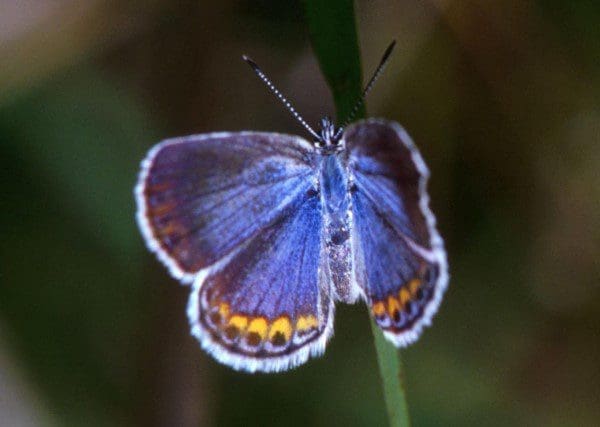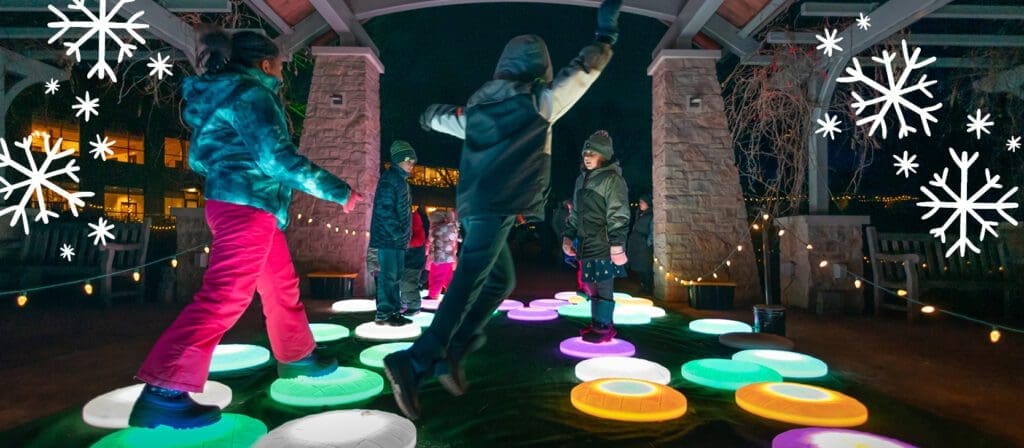Especially in summer, it’s clear that our state is covered in forests. No matter where you look, there seems to be green! Oaks are nearly the most abundant type of tree in Wisconsin, second only to maples.1 Yet, oak ecosystems have been disappearing and are of high concern in conservation efforts. How could this possibly be the case?
The Heroic Oak Tree
Oak trees are the heroes of the Midwest. They’re a great resource for our forest friends because nearly every part of the tree is useful; the acorns serve as food, the tree as habitat, leaves as nurseries for bug larvae, and the canopy as shade. Unsurprisingly, oak trees support 534 butterfly and moth species in the mid-Atlantic region alone. That’s more than any other tree genus!2

While there are over 600 different oak species globally, Wisconsin has a handful that are native.1 These nine endemic oak species1 serve as the keystone organism in our local oak ecosystems: oak barrens, oak openings, oak woodlands, southern dry-mesic forests, and southern dry forests.2
A Fragile Balance
Tomatoes with onions and herbs could make a pizza sauce or pico de gallo. Still, I wouldn’t want pizza sauce on my taco, or salsa on my spaghetti. They don’t serve the same function. Ecosystem loss can be a confusing concept because, to the untrained eye, all of the same elements may still exist. Although oaks are still Wisconsin’s second most abundant tree, there’s more that comprises an ecosystem than just a tree. Oak communities used to be abundant in Wisconsin, but now oak ecosystems are globally imperiled, and one of the rarest plant communities in the world.3 So, how did this happen?

A Disappearing Act
All of the oak communities in Wisconsin require fire to maintain their ecosystem state. Annual low intensity ground fires keep an open understory which is important food and habitat. This fire is also critical because it keeps the canopy from closing over. Without frequent blazes, saplings would easily grow into fully grown trees, shading the understory. When this happens, the microclimate of the understory changes to become more cool, humid, and darkened to the point that many specialist plant species can no longer survive. This cascades through the food chain and threatens the food and habitat of rare animal species.2 The red-headed woodpecker, for example, has experienced a 68% population decline due to loss of critical habitat.3

Before colonization, First Nations that were located on the land that’s now Wisconsin, like the Menominee and Ho-Chunk, practiced prescribed cultural fire to manage oak ecosystems.3 By doing so they protected the biodiversity and very existence of the community. Unfortunately, settlement has come with a long period of fire suppression. As environmentalists have come to recognize the merit of the fires that Indigenous communities have been advocating for all along, there’s been a push to implement controlled burns again to preserve the fraction of oak ecosystems that have survived. Our oak ecosystems aren’t beyond hope, they just need strong advocates and proper management to ensure they’ll survive for generations to come.

To learn more about Wisconsin’s native oaks, visit the Carol & Bruce Bell Children’s Garden! The Green Bay Packers Give Back Big Oak Nature Play area offers you the opportunity to learn more about the importance of oaks in our local ecosystems.
Sources
- Bowe, Scott. “Knowing Our Oaks.” WXPR, 10 July 2018, www.wxpr.org/natural-resources/2018-07-10/knowing-our-oaks.
- Fayram, Nate. “Introduction to Wisconsin Oak Ecology.” My Wisconsin Woods, 2018, mywisconsinwoods.org/wp-content/uploads/2018/10/Fayram_Intro-to-WI-Oak-Ecology-Fall-2018.pdf.
- Melendes, Katie. “Rare Oak Ecosystem Conservation Project.” Waukesha County Land Conservancy, www.waukeshalandconservancy.org/Rare%20Oak%20Ecosystem%20Conservation%20Project%20-%2011-9-18.pdf. Accessed 11 July 2023.





